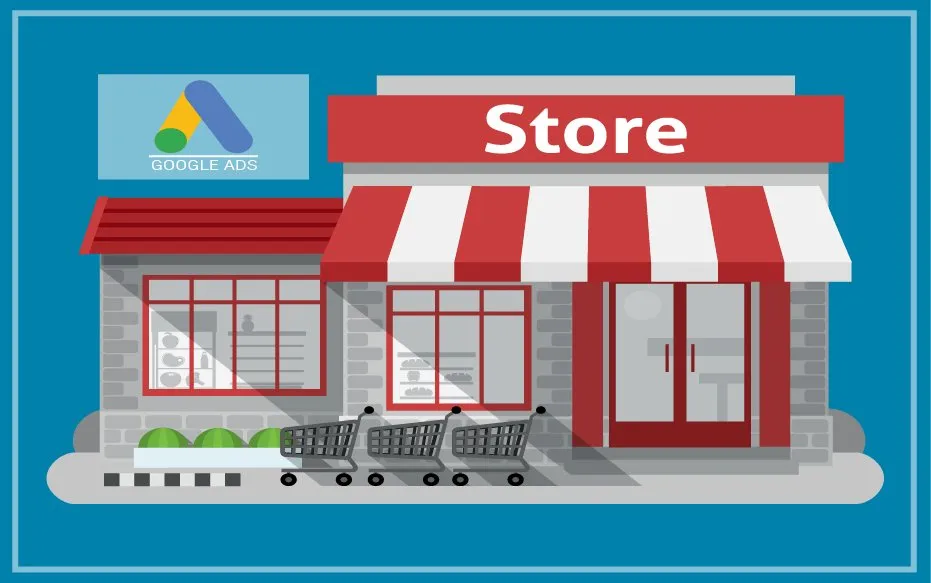In the ever-evolving digital marketing landscape, small businesses face the constant challenge of finding cost-effective and efficient ways to attract customers. Google Ads emerges as a prominent tool in this realm, promising to bridge the gap between small businesses and their potential customers. But the burning question is: does it deliver on this promise? This article presents an in-depth cost-benefit analysis of Google Ads for small businesses, evaluating its efficacy and accessibility for companies operating on limited budgets and resources.
Is Google Ads Worth It for Small Businesses?
For small businesses contemplating their digital marketing strategies, whether Google Ads is a worthwhile investment hinges on several key factors. Primarily, the platform’s pay-per-click (PPC) model stands out for its cost-effectiveness, allowing businesses to pay only when a potential customer engages with their ad. This approach gives small businesses critical budget control, enabling them to set daily spending limits and adjust their investment based on real-time performance.
Moreover, Google Ads’ advanced targeting capabilities enable these businesses to reach their specific audience, whether local clientele or a global niche market. This precise targeting reduces the wastage of resources on uninterested parties, enhancing the potential for higher returns on a lower investment.
Additionally, the measurable nature of Google Ads offers invaluable insights into customer behaviour and campaign effectiveness, enabling small businesses to optimize their strategies for better outcomes. This level of detailed analytics and the ability to track ROI in real time is a significant advantage, especially for companies with limited resources.
Ultimately, for small businesses seeking to maximize their marketing impact with constrained budgets, Google Ads presents a flexible, measurable, cost-effective solution that aligns with their unique needs and goals.
Target Potential Customers When They Are Engaged
Engagement is the key to conversion. Google Ads excels in targeting users who are not just browsing but are actively seeking products or services. By using specific keywords, small businesses can place their ads in front of potential customers who are already interested in what they offer. This high level of engagement at the moment of intent significantly increases the chances of converting interest into sales, a critical factor for businesses with limited marketing budgets.
Focus on Local or Niche Markets
Google Ads allows small businesses to target their advertising efforts on local markets or specific niches. This hyper-localized approach benefits businesses like local retailers, service providers, or niche product sellers. By targeting a specific geographic area or focusing on specialized keywords, small businesses can more effectively compete with larger companies, ensuring their ads are seen by the community they serve or the niche market they specialize in.
Spend Only What You Need To
Budget flexibility is among the most appealing aspects of Google Ads for small businesses. The platform operates on a pay-per-click (PPC) model, meaning businesses only pay when users click on their ad. This model allows for precise budget control, enabling small businesses to set daily limits and adjust their spending based on performance and return on investment (ROI). This pay-for-performance model minimizes financial risk, making it an attractive option for businesses with tight advertising budgets.
Get Quick Results
In the fast-paced digital world, seeing quick results from marketing efforts is crucial. Google Ads provides immediate visibility and instantaneous feedback on ad performance. Small businesses can see how many people view and click their ads in real-time, allowing for rapid adjustments and optimization. This immediacy is a significant advantage over traditional marketing methods, which often involve long lead times and delayed feedback loops.
Track Your Results
The ability to track and measure the performance of marketing campaigns is vital for any business. Google Ads offers comprehensive analytics and reporting tools, enabling small businesses to track click-through rates, conversion rates, and overall ROI. This data is crucial for understanding what works and doesn’t, allowing enterprises to continually refine their advertising strategies for maximum effectiveness.
One Little Catch
While Google Ads offers significant advantages, it has its complexities. The platform requires a certain level of expertise to navigate effectively, particularly when understanding keyword strategies, crafting compelling ad copy, and interpreting data. For small businesses without dedicated marketing teams, this can pose a challenge. However, the investment in learning how to use Google Ads effectively or seeking assistance from professionals can yield substantial returns in the long run.
Google Ads Made Easy
To address the complexity of Google Ads, many small businesses turn to third-party services or tools that simplify the process. These services can assist with everything from keyword research and ad creation to campaign management and analytics. While this involves an additional cost, the expertise and time saved for many small businesses can be worth the investment, especially when it leads to more effective campaigns and better results.
Conclusion
In conclusion, Google Ads offers a flexible, targeted, and measurable advertising solution that can be highly effective for small businesses. Its ability to connect businesses with engaged customers, focus on specific markets, and provide quick and measurable results, all within a controlled budget, makes it a compelling tool in the digital marketing arsenal. While it requires an investment of time and potentially money to navigate its complexities, for small businesses looking to expand their reach and grow their customer base, Google Ads can be a game-changer. By leveraging this powerful tool, small businesses can compete more effectively in the digital marketplace, turning clicks into customers and searches into sales.
You may also like
-
Why Should Kochi Businesses Partner with a Zoho Expert?
-
Affordable Video Editing Services in Lahore to Boost Your Online Presence
-
Emerging Digital Marketing Trends You Can’t Ignore in 2025
-
Georgia Bulldog Tickets and Game Day Experiences
-
Add Me to Search Card – A Complete Guide to Boost Your Online Presence

